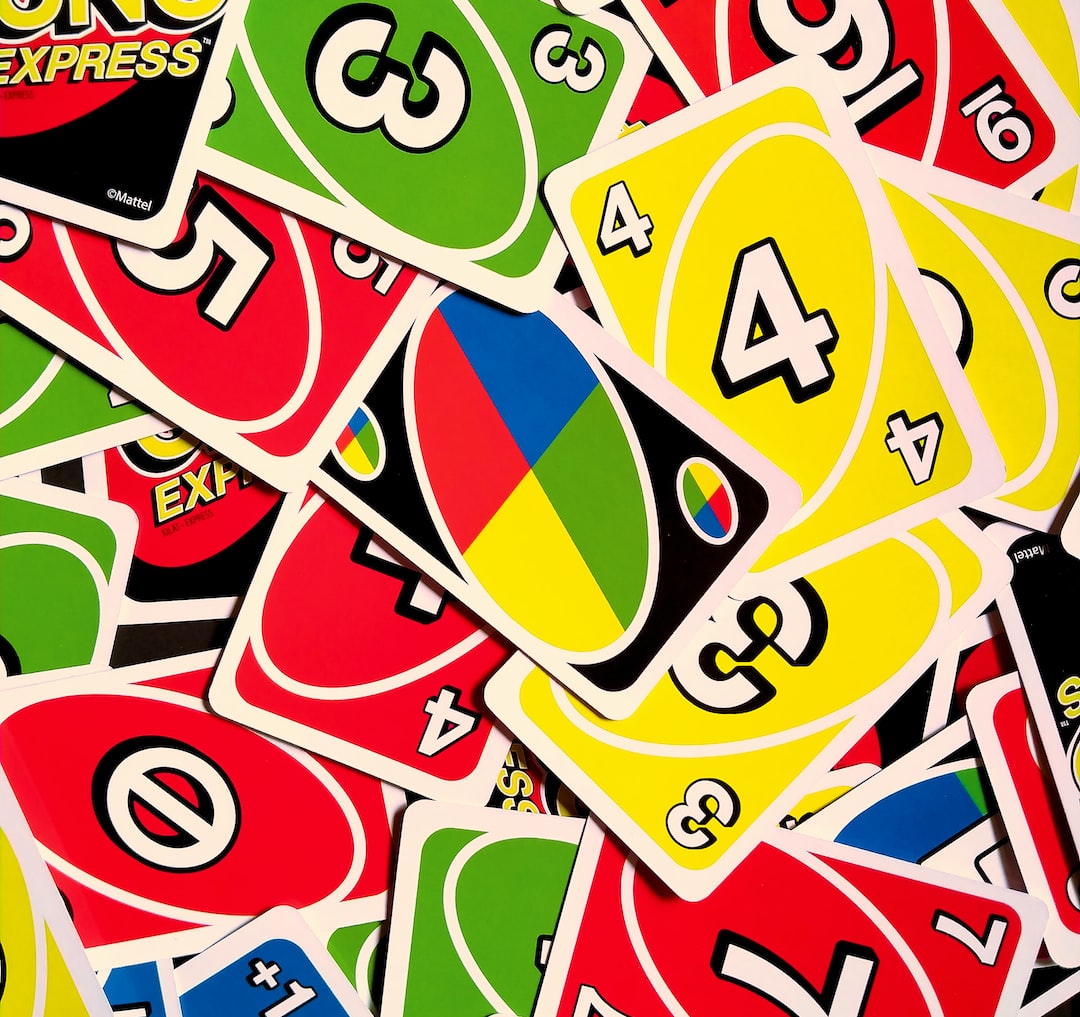The Impact of Video Games on Mental Health
Over the past few decades, video games have become increasingly popular among people of all ages. What started as a simple form of entertainment has evolved into a billion-dollar industry, with a wide range of genres and platforms available. While video games can be an enjoyable and immersive pastime, there has been much debate over their impact on mental health. In this blog post, we will explore the positive and negative effects of video games on mental well-being.
One of the most significant benefits of video games on mental health is their ability to improve cognitive skills. Many games require players to solve puzzles, strategize, and think critically, which can enhance problem-solving abilities and logical thinking. Research has shown that individuals who regularly engage in video game playing demonstrate improved memory, attention span, and multitasking skills. These cognitive benefits can extend to real-life situations and have a positive impact on academic performance and work productivity.
Furthermore, video games are known to promote relaxation and stress relief. Engaging in an immersive game world can help individuals escape from their daily worries and unwind. Players often describe feeling a sense of control, competence, and achievement when playing video games, which can boost self-esteem and reduce anxiety. Games like Animal Crossing, Minecraft, and Stardew Valley are known for their peaceful and calming gameplay, providing a therapeutic experience for players.
Additionally, video games can foster social connections and combat feelings of loneliness. With the rise of online gaming, players can connect with others from all over the world, forming friendships and communities based on shared interests. This social interaction can help combat social isolation, especially for individuals who struggle with face-to-face interactions. In multiplayer games, players must cooperate and communicate effectively, promoting teamwork and interpersonal skills.
However, it is essential to acknowledge the potential negative effects of video games on mental health. Excessive gaming can lead to addiction and contribute to various mental health issues. Individuals who spend an excessive amount of time playing video games may neglect other important areas of their lives, such as school, work, and relationships. This excessive gaming can lead to a decline in academic or occupational performance, increased irritability, and neglect of personal hygiene.
Furthermore, certain types of video games, particularly those with violent or aggressive content, have been associated with increased aggression and decreased prosocial behavior. While research on this topic is ongoing, it is crucial to ensure that individuals, particularly children and adolescents, are exposed to age-appropriate content and limit their screen time. This can help mitigate the potential negative influence of violent video games on their mental well-being.
To maintain a healthy balance, it is important to practice responsible gaming habits. Setting limits on screen time and establishing boundaries around gaming can help prevent excessive use. Engaging in other physical and recreational activities, such as exercise, reading, or spending time with friends and family, is vital for overall mental and physical well-being. In addition, it is crucial to be mindful of one’s emotions and mental state while playing video games. If gaming becomes a source of stress or negatively impacts mental health, it may be beneficial to seek support from friends, family, or a mental health professional.
In conclusion, video games can have both positive and negative impacts on mental health. While they can improve cognitive skills, provide stress relief, and foster social connections, excessive gaming and exposure to inappropriate content can lead to addiction, decline in academic or occupational performance, and aggression. Maintaining a healthy balance and being mindful of one’s gaming habits is essential to ensure video games have a positive influence on mental well-being. Ultimately, responsible gaming practices and moderation are key to enjoying the benefits of this popular form of entertainment while protecting mental health.


